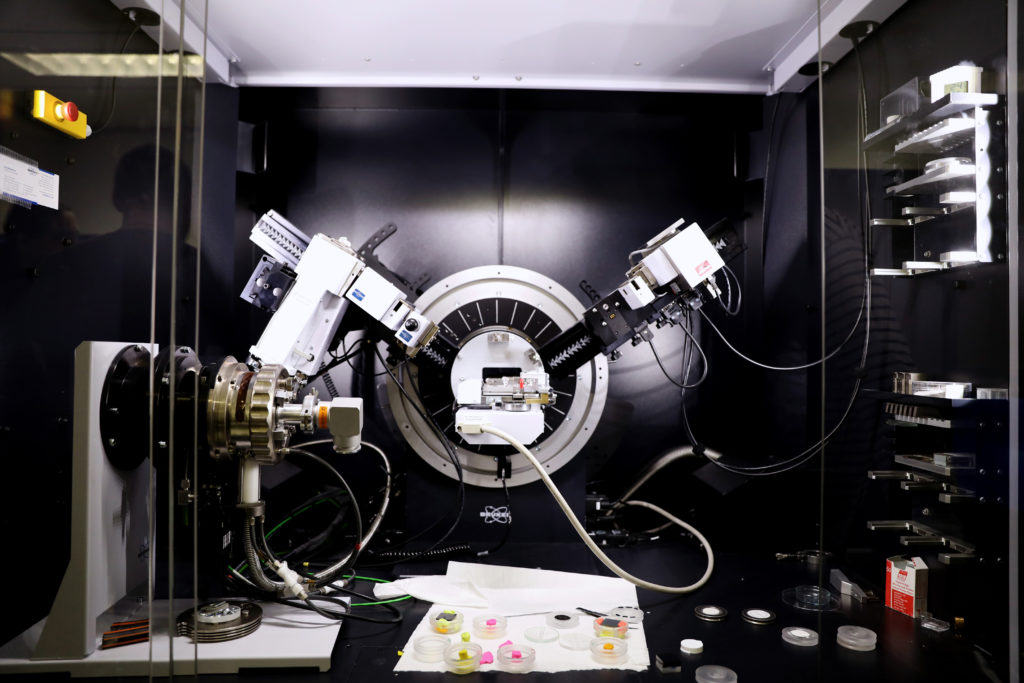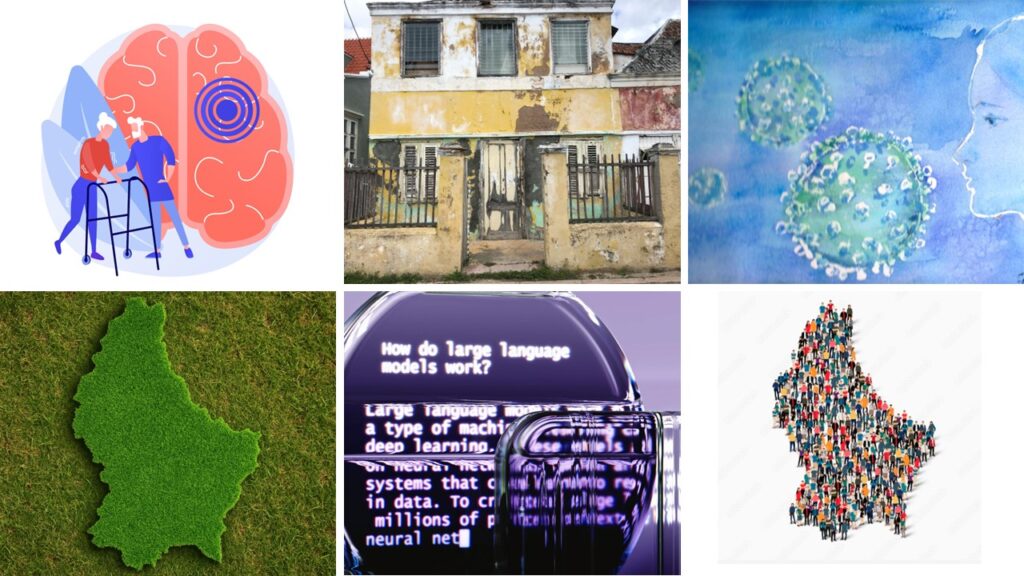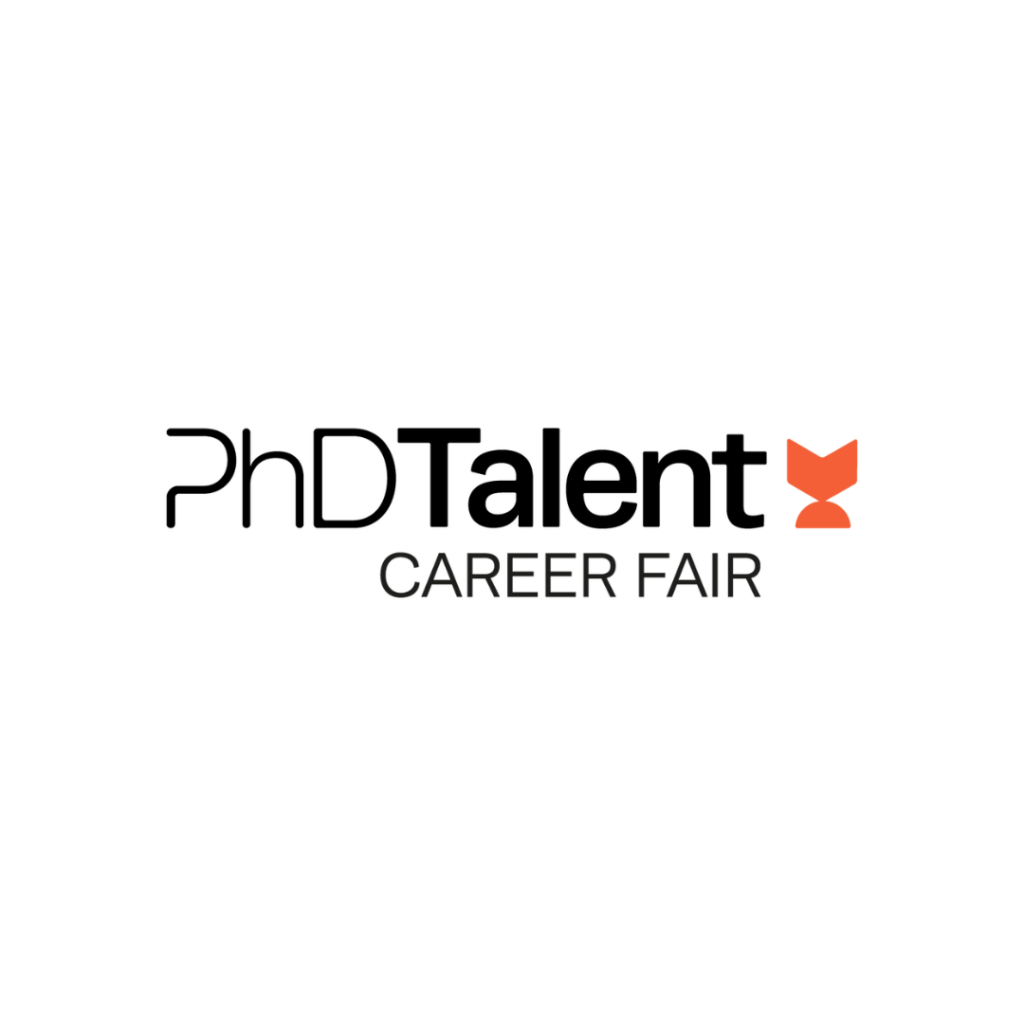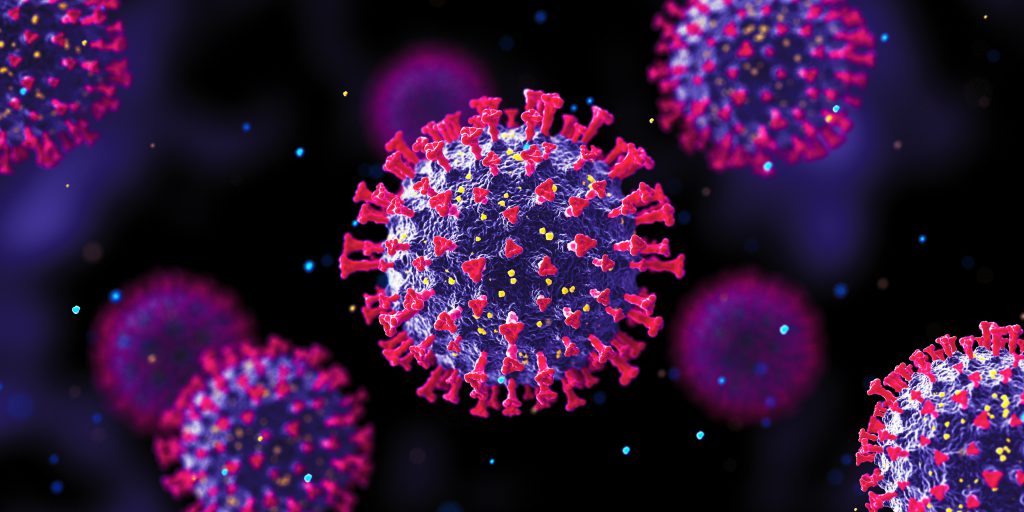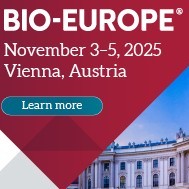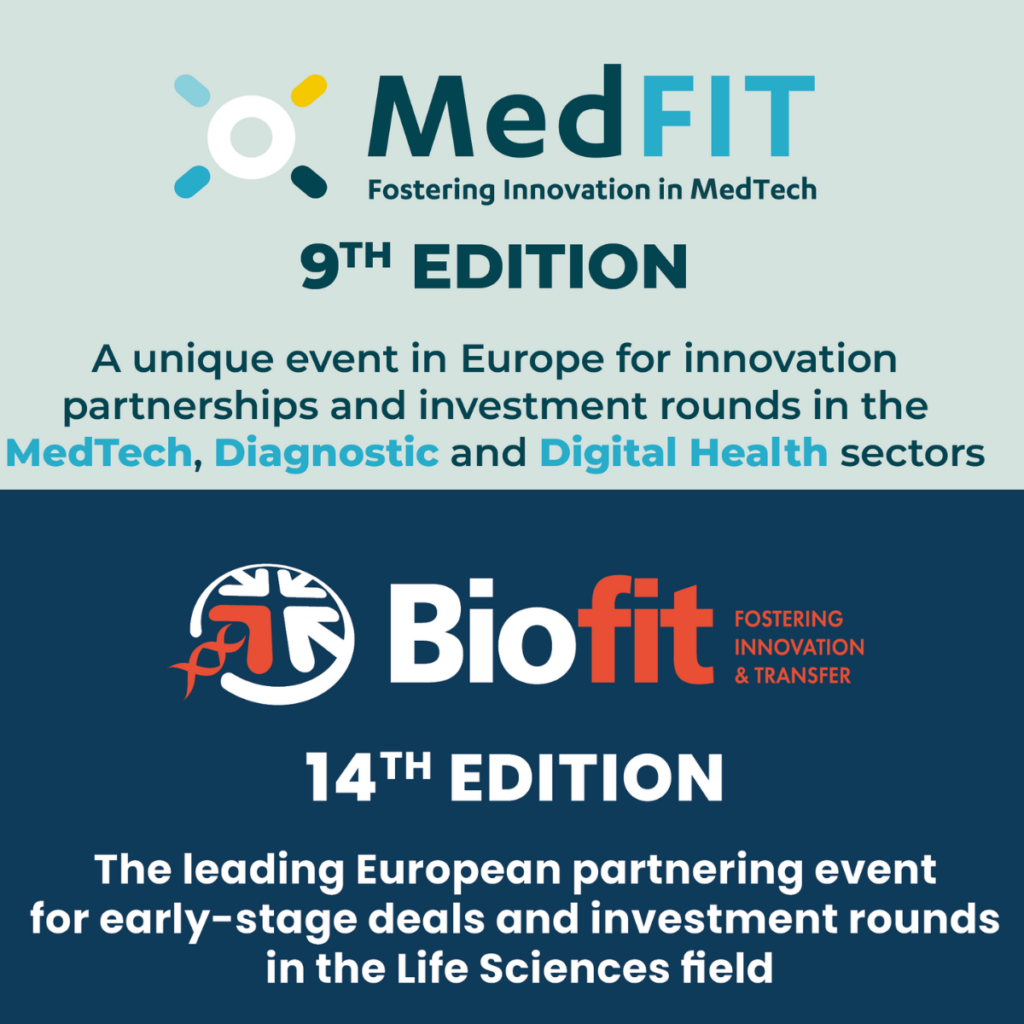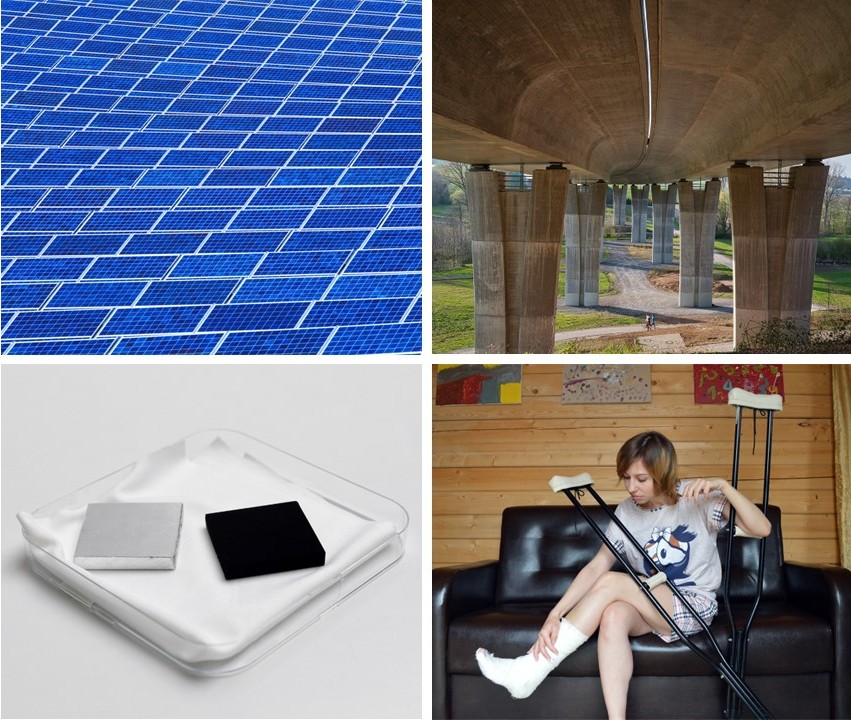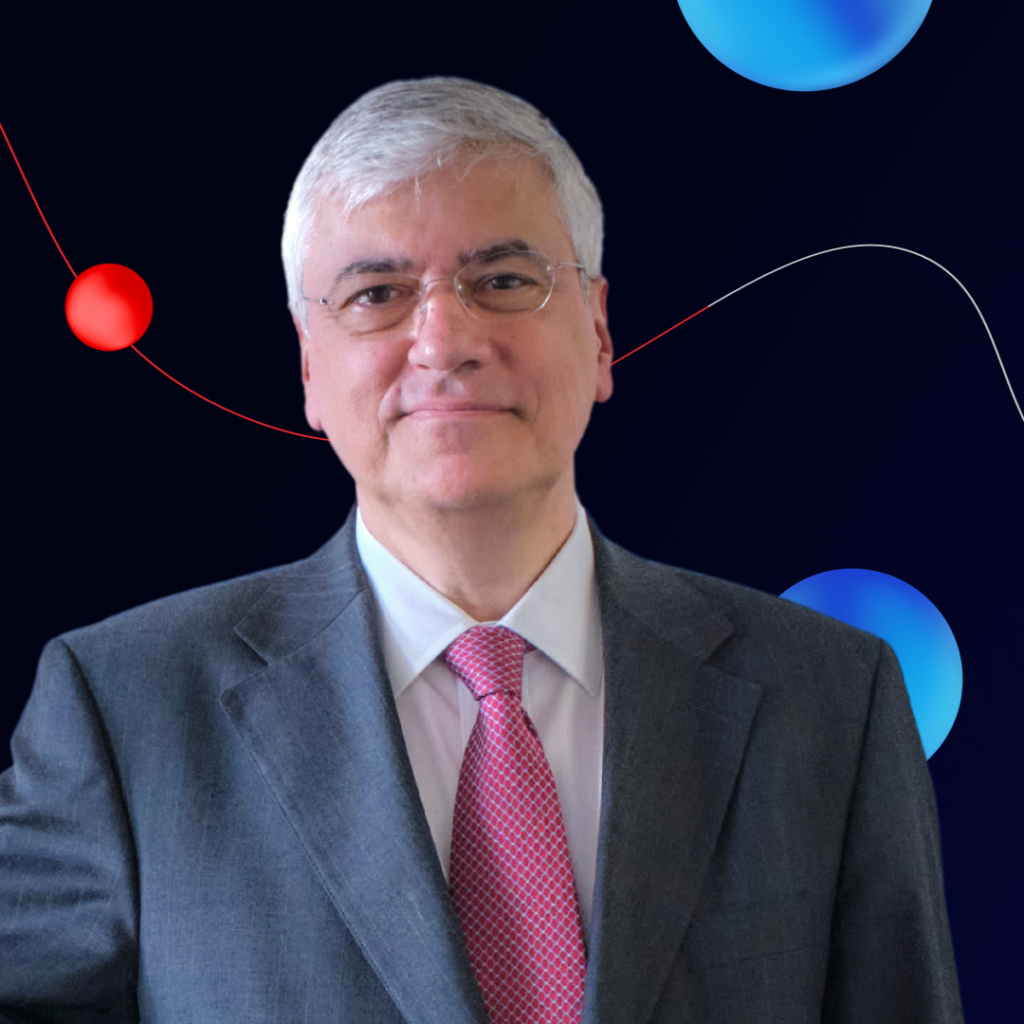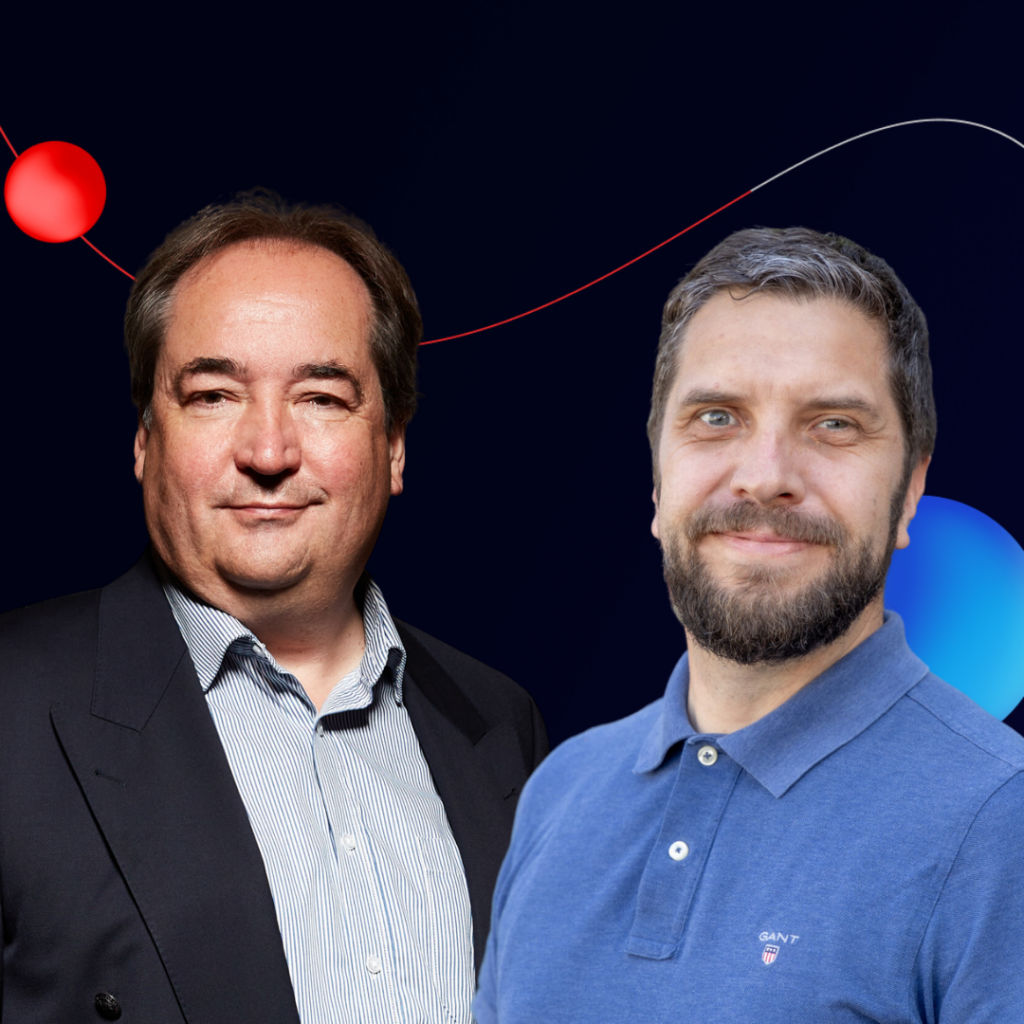A first EIC grant in Luxembourg
14 June 2022

Awarding innovative and disruptive technologies.
For the first time, a Research Luxembourg researcher – Professor Philip Dale – has been awarded a prestigious PathFinder Open grant of the European Innovation Council (EIC) that supports innovative and disruptive technologies with high impact.
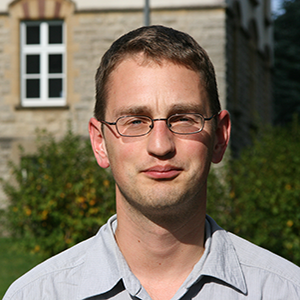
Professor Phillip Dale, Full Professor in Physics at the University of Luxembourg’s Faculty of Science, Technology and Medicine, received the first European Innovation Council (EIC) grant in Luxembourg for the REMAP (“REusable Mask Patterning”) project which aims to make microfabrication sustainable.
REMAP: a potential game-changing technology
A consortium including the University of Luxembourg has been awarded a prestigious PathFinder Open grant of the European Innovation Council (EIC) that supports innovative and disruptive technologies with high impact.
The grant goes to a research project called REMAP – REusable MAsk Patterning – which aims to establish a paradigm shift in the field of microfabrication, a process used to fabricate components at nanometres to micrometres scales that are essential to our daily life, such as microprocessors, sensors and flat panel displays.
Common methods of microfabrication involving projection lithography and vacuum deposition generate massive amounts of waste due to single-use stencils when creating the layers of patterned structures on a substrate such as an integrated circuit, and require vast amounts of water and energy. Currently, 1 m² of microchips requires 234,000 L of water and 15,000 kWh of energy. REMAP aims to develop re-usable stencils and a low energy deposition method to greatly reduce the environmental impact of microfabrication, with a special fluid comprising magnetic nanoparticles.
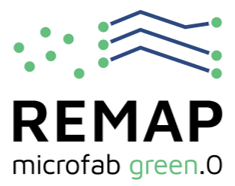
The consortium behind REMAP is composed of 7 partners: the University of Genova, the Centre National de la Recherche Scientifique (CNRS) of France, the International Iberian Nanotechnology Laboratory, the National Centre for Scientific Research “Demokritos” of Greece, Solvionic S.A., a company producing specialised chemical products, RINA, a certifying company, and the University of Luxembourg.
“The University of Luxembourg has two main roles in REMAP. The first is to prototype a device to measure the efficacy of the new stencilling technique, and secondly to apply the REMAP concept to fabricate micro-concentrator photovoltaics which are a special type of solar cell designed to have improved performance over conventional ones.”
Prof. Philip Dale, Head of the Laboratory for Energy Materials at the University of Luxembourg
About EIC grants
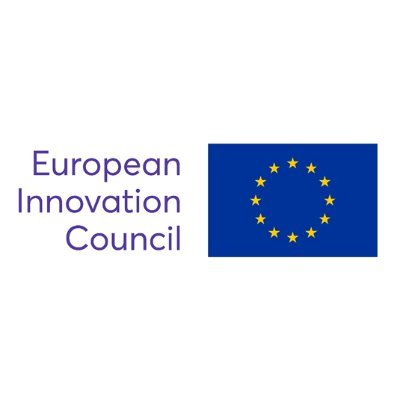
EIC Pathfinder programme supports research teams to research or develop an emerging breakthrough technology. the exploration of bold ideas for radically new technologies. It welcomes the high-risk / high gain and interdisciplinary cutting-edge science collaborations that underpin technological breakthroughs.
Research & Innovation in Luxembourg
R&D collaborations are at the heart of Luxembourg’s research and innovation strategy.
Whether it is by supporting private companies in their R&D projects, by promoting knowledge and technology transfer or by enabling the development of spin-off companies start-ups, Research Luxembourg encourages collaborations with industry. Here are some examples of great initiatives.
Research Luxembourg Open Innovation Platform
To facilitate the development of partnerships and promote technology transfer, Research Luxembourg has set up a dedicated digital platform, powered by Innoget.



